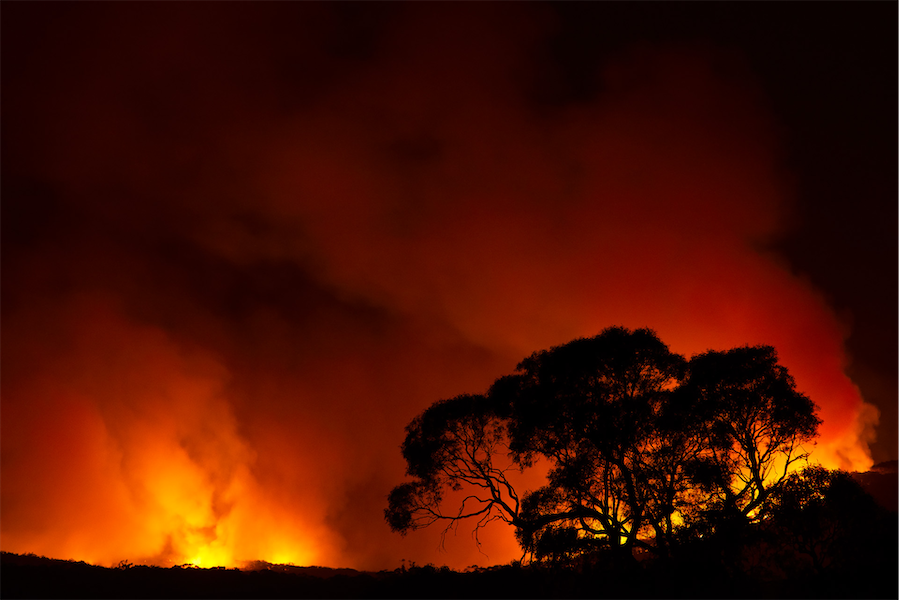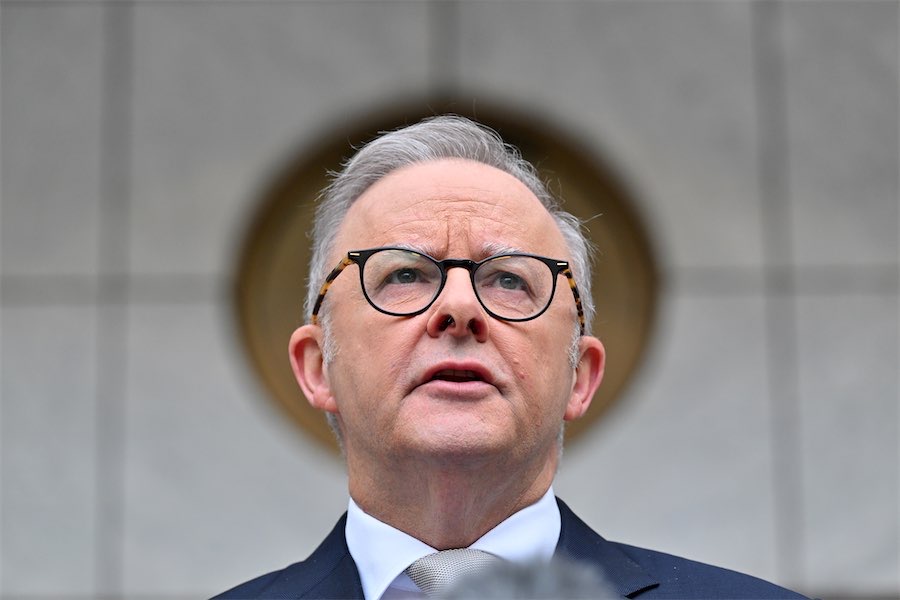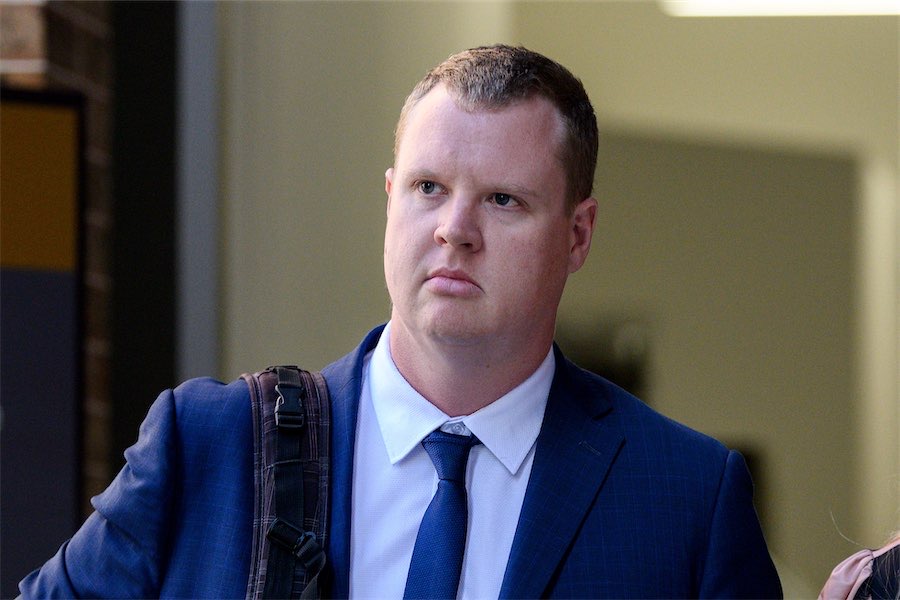
By Dominic Giannini in Canberra
Climate change is fuelling conflict and driving people to extremism as they fight over access to resources such as water, a former Dutch military general warns.
Australia has the potential to mitigate its military risk and not depend on other nations for energy due to its geography and resource abundance, the Netherlands’ former military chief Tom Middendorp says.
Mr Middendorp is using a trip to Australia to call on leaders to recognise climate change as a driver of instability rather than dealing with the symptoms and focusing on the short term as China dominates national security discussions.
China was decades ahead of Western nations as its foreign policy and bilateral relationships were driven by access to resources in nations across all continents, he said.
Dependencies created by one nation dominated certain resources and supply chains had highlighted how they could be weaponised, including through actions such as economic coercion, Mr Middendorp said.
“We now start to realise our dependency on resources and how vulnerable that is,” the former general told AAP.
The effects of climate change such as flooding and extreme drought fuels migration and conflict, which in turn drives people towards extremism, he said.
“We see it happening in the Middle East, we see it happening in Northern Africa, where extremism is growing very rapidly, using the despair in the population because they cannot make a living anymore,” he said.
Australia could insulate itself against this as its abundance of solar and land puts it in the driver’s seat to take advantage of renewable energies and beef up energy security, Mr Middendorp said.
Russia’s war in Ukraine had shown the world how dependencies – economic, energy or resources – could be weaponised, he said.
“Australia is uniquely positioned to become less vulnerable to this because you can create your own energy, you can become completely independent on energy supply quicker than most countries in the world,” he said.
“I wish the Netherlands had the option like Australia has, that we can make that shift in one time, that we don’t need nuclear.”
Renewables were the sensible choice as Australia had no nuclear industry and could quickly roll out technology such as solar and wind, he said.
“You don’t have a history in nuclear power so, if you choose that option, you really have to build up that knowledge, that industrial base behind it, and that takes a very long time,” he said.
Nuclear was instead an intermediary power source for European nations that already had an industry as they moved away from coal towards renewables to meet emissions reduction targets, Mr Middendorp said.
Labor is spruiking a pathway to net-zero emissions through renewable technology, while the coalition has promised to build half a dozen nuclear reactors and will rely on coal and gas over coming decades as a stopgap.
Other experts also warned climate change, rather than China, was Australia’s biggest security threat.
Australia had turned a blind eye to the risks of climate change in terms of security and left the nation vulnerable, former Australian Defence Force chief Chris Barrie said.
Defence forces and emergency services would face greater pressures from more intense and frequent natural disasters that would stretch resources, he said.
Who can be trusted?
In a world of spin and confusion, there’s never been a more important time to support independent journalism in Canberra.
If you trust our work online and want to enforce the power of independent voices, I invite you to make a small contribution.
Every dollar of support is invested back into our journalism to help keep citynews.com.au strong and free.
Thank you,
Ian Meikle, editor









Leave a Reply